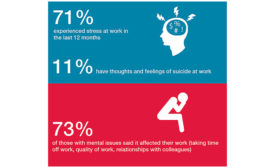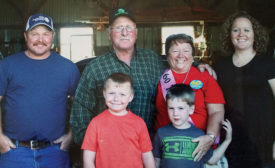Psychology in the Workplace
The ‘stop work authority’ approach
It’s effective for managing risk and safety, but there are challenges to consider
September 6, 2022
Digital Exclusive
Mental Health Focus: 5 Effective Steps to take in the workplace
May 13, 2020
Closing Time
Does punishment work? Absolutely, but probably not
Putting up a fight
April 1, 2020
Become a Leader in Safety Culture
Build your knowledge with ISHN, covering key safety, health and industrial hygiene news, products, and trends.
JOIN TODAYCopyright ©2025. All Rights Reserved BNP Media.
Design, CMS, Hosting & Web Development :: ePublishing










